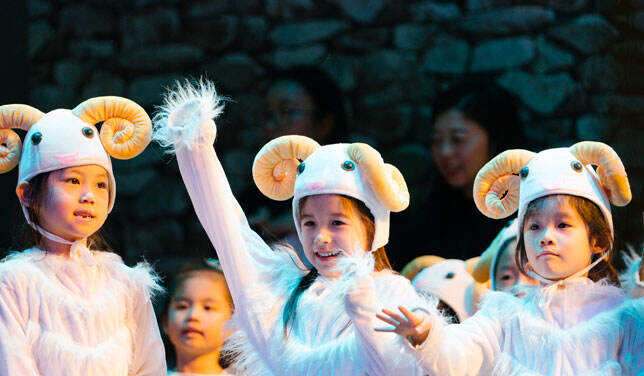School life in China and cultural understanding highlighted at poetry competition
2019-11-08
 Back in May, media company China Intercontinental Press opened a Chinese poetry competition to all pupils in Shanghai’s international schools. Rather than reciting poems or creating written poetry of their own, in this case pupils were tasked with interpreting poetry through painting.Ms Xiaoli Zhao, teacher of Chinese, who was the organiser of Wellington pupils’ efforts throughout this competition, shares her thoughts on the importance of cultural studies of this nature, along with Matthew from year 8, who received not one but two prizes for his efforts.
How was the competition set up? What exactly were the pupils expected to do?
Back in May, media company China Intercontinental Press opened a Chinese poetry competition to all pupils in Shanghai’s international schools. Rather than reciting poems or creating written poetry of their own, in this case pupils were tasked with interpreting poetry through painting.Ms Xiaoli Zhao, teacher of Chinese, who was the organiser of Wellington pupils’ efforts throughout this competition, shares her thoughts on the importance of cultural studies of this nature, along with Matthew from year 8, who received not one but two prizes for his efforts.
How was the competition set up? What exactly were the pupils expected to do?
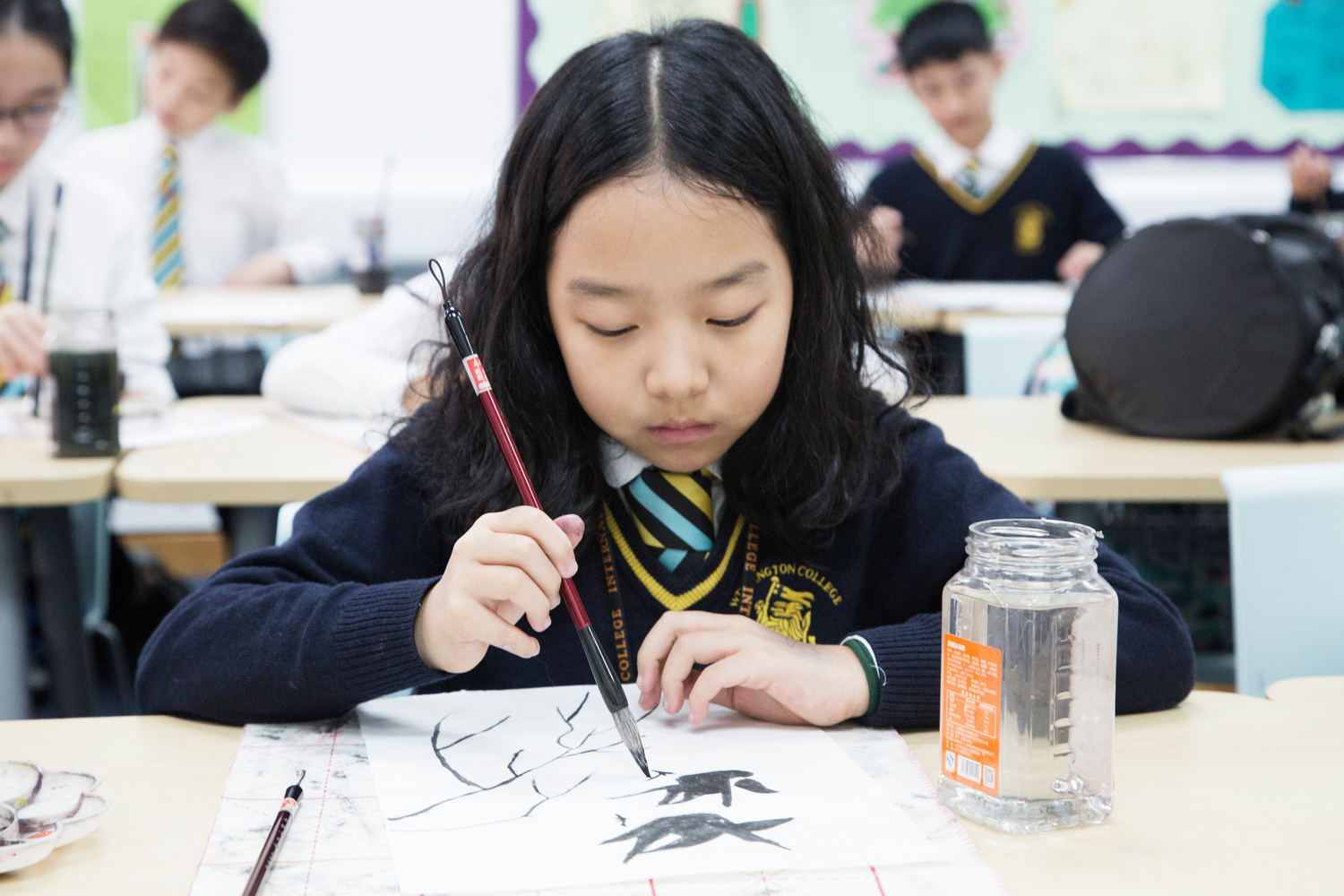
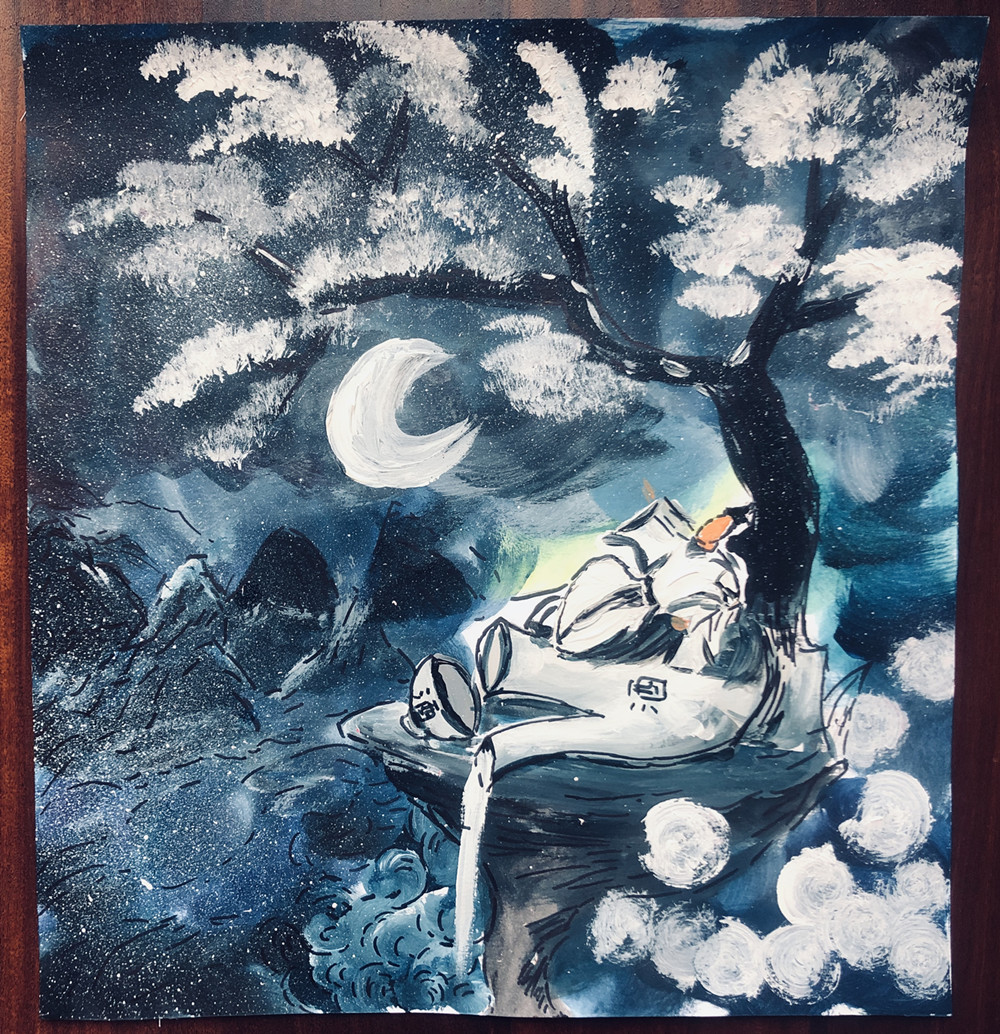
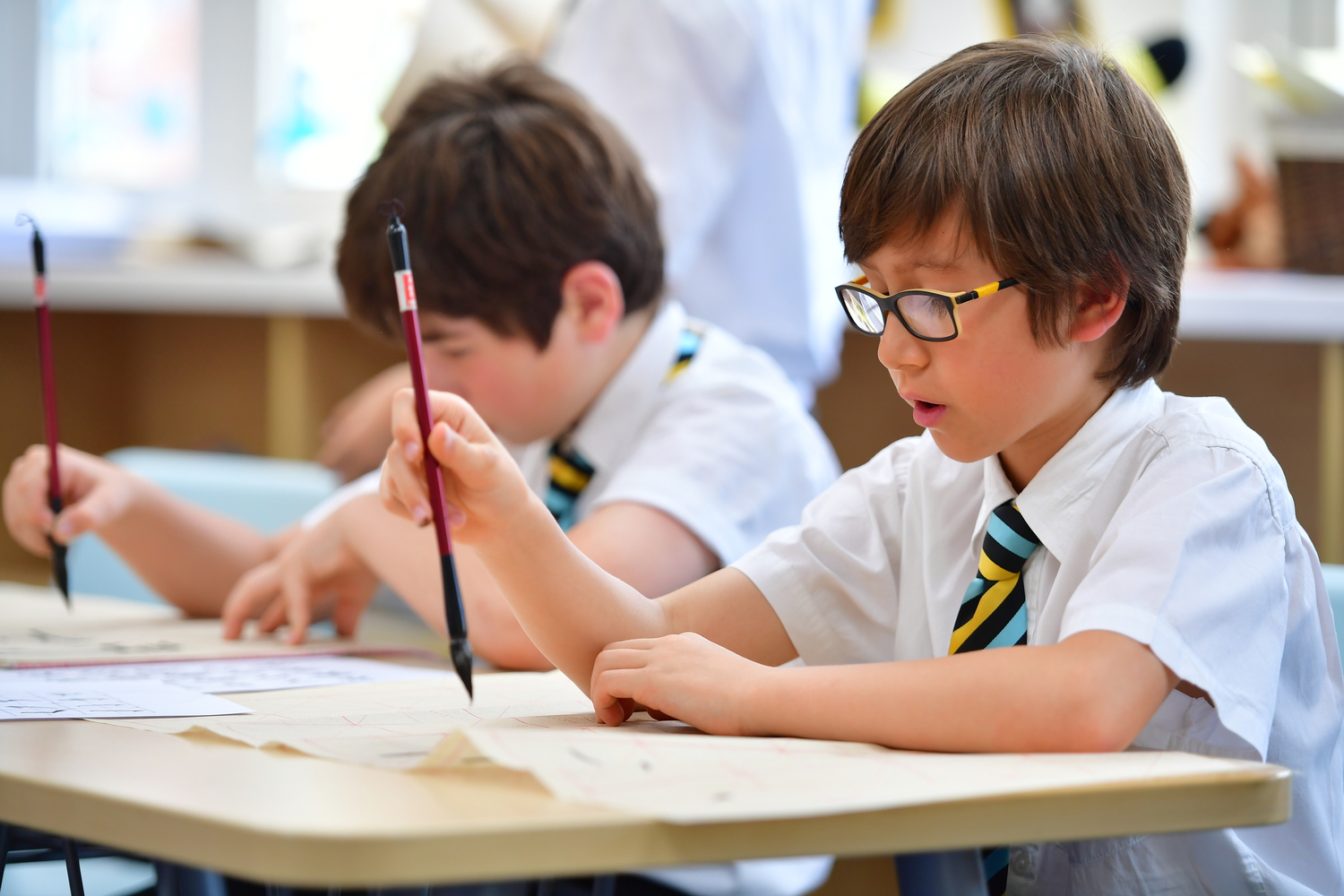 Why do you think it’s important to study Chinese poetry?
Why do you think it’s important to study Chinese poetry?
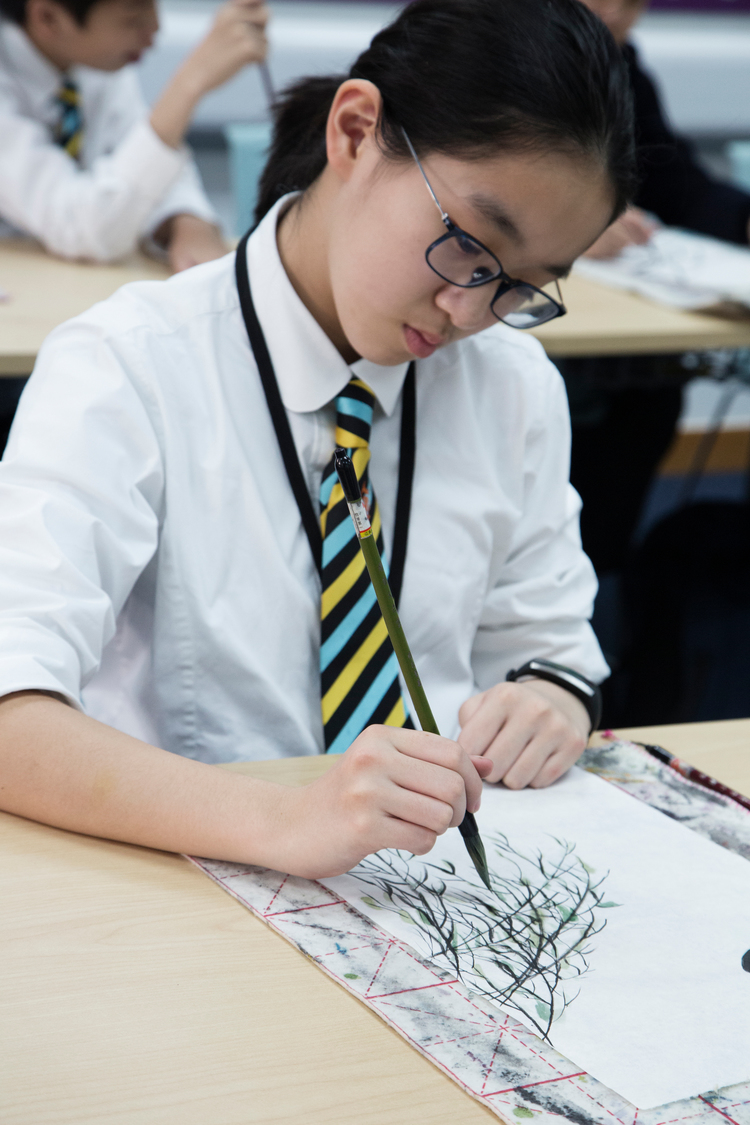
相关资讯

What is iGEM and our project, Barnacure?2025-10-09
iGEM Competition & Barnacure Team Members Team Illustration by Joanna, Year 11Article written Jing Jing, Year 11Primary Principal Investigator: Thomas Edwards, Head of Biology & Head of Science What
点击阅读

立即报名惠灵顿2025 年Summer Festival: 超级英雄集结!2025-04-22
一年一度的Summer Festival即将于5月10日盛大开启!作为惠灵顿引以为傲的传统活动,这一天不仅是校园的欢乐盛会,更是我们凝聚社区精神、共庆校园文化的重要时刻。今年,我们以“超级英雄”为主题,诚邀每一位成员以创意装扮亮相,共同打造一场充满活力与热情的庆典。 不要错过!扫描海报上的二维码进行购票 欢乐嘉年华特别放送 想清凉一夏就来海王戏水乐园打水仗,爱热闹的一定要锁定正义联盟大舞台的精彩
点击阅读

不要错过上海惠灵顿第二届舞蹈表演"Connecting eMotions."2025-04-17
诚邀您参加 5 月 8 日的 “Connecting eMotions”--我校的第二届舞蹈表演! 我们将隆重推出 “Connecting eMotions”,这是来自舞蹈资优学生项目和舞蹈辅助课程教学活动的学子们联袂献上的第二场表演。 今年的主题是颂扬连结的力量--既有情感上的,也有合作上的。我们的舞者通过团队协作共同创造出充满活力的作品,不仅视觉效果震撼,而且内涵丰富。在此过程中,他们培养了
点击阅读








